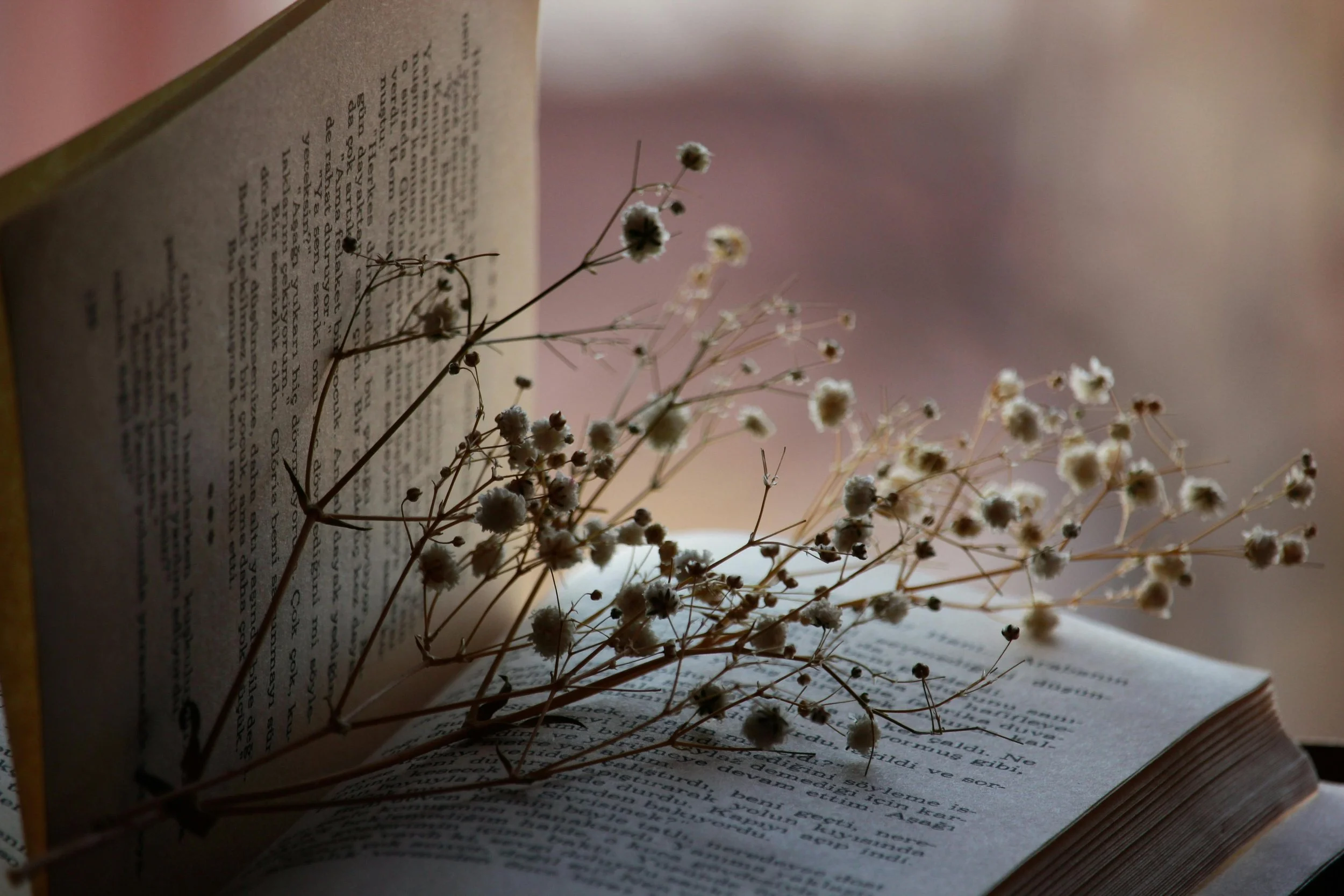What is the positive core at the heart of who I am? My response: “You are I, recognizing the fiery force that sparkles in everything.”
Declaration of Indigenous Peoples at Durban Climate Change Talks
Dear Friends,
Greetings of peace and blessing from URI Africa.
Indigenous people participating in the Conference of Parties (COP17) of the United Nations Framework Convention on Climate Change in Durban , South Africa from November 28 to December 9, 2011 have released the following Declaration demanding that their rights be respected, protected and fulfilled.
In peace,
Mussie Hailu
United Religions Initiative Conference in Mogadishu on Resolving Religiously Motivated Violence
“Meaning” Brings Everyone to the Table
Ice-breakers, Dancing, and Meaning Making
One Thousand Words on “Meaning”
What is Most Meaningful in My Life as a Buddhist
Starting with Moksha and Karma Yoga
Faith and the Journey towards Meaning
How I Make Meaning of Life
My wife and I drive out of the city. On the way, we share stories with each other.
We laugh about how complicated and intertwined the tales of our lives have become with each
other, and with and among the people we know.
We are amazed at how disparate events and people come together over time, in surprising
combinations.





